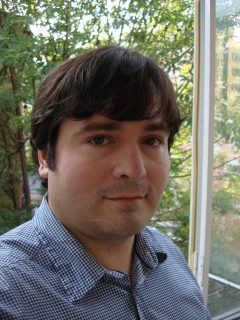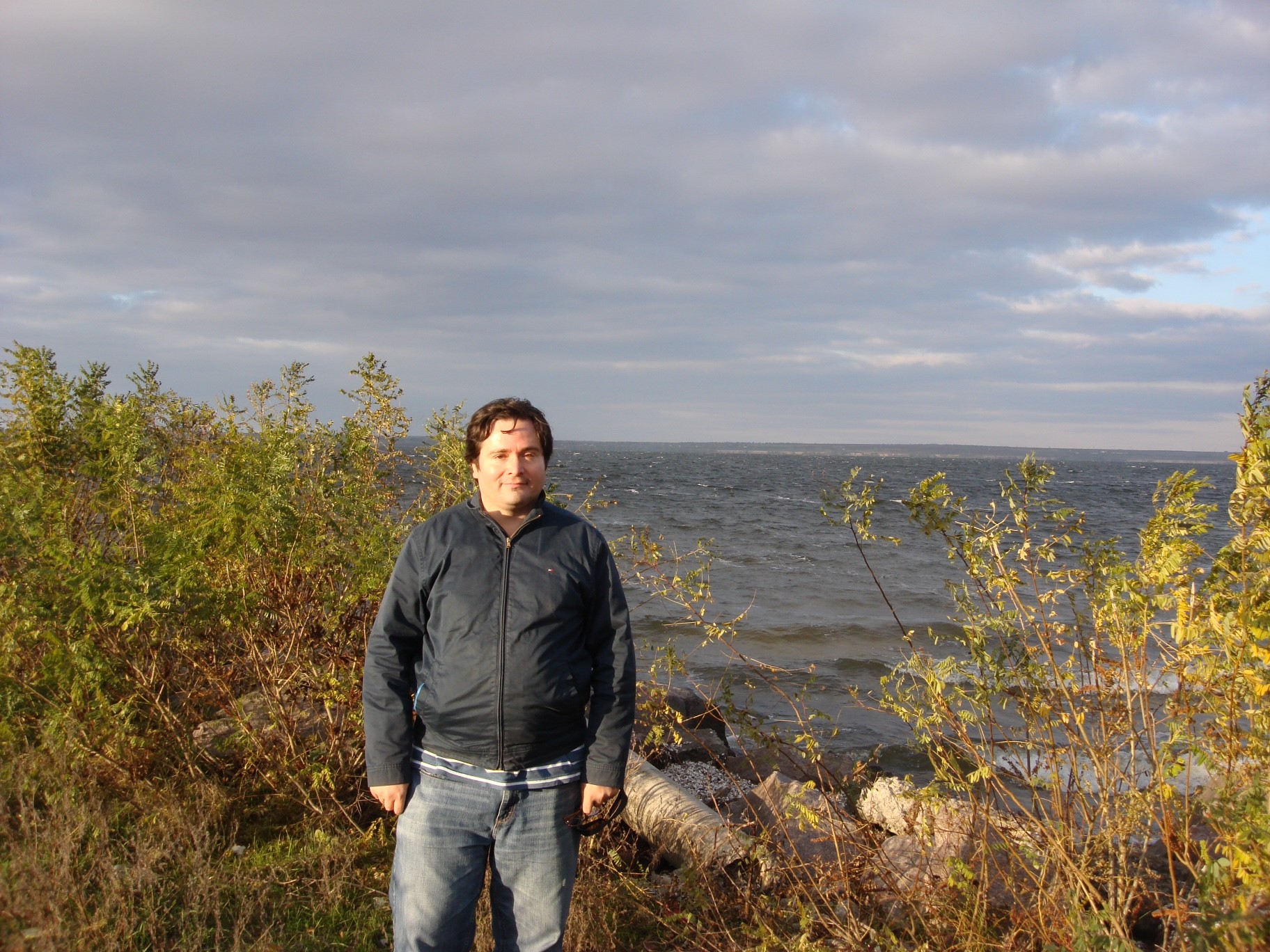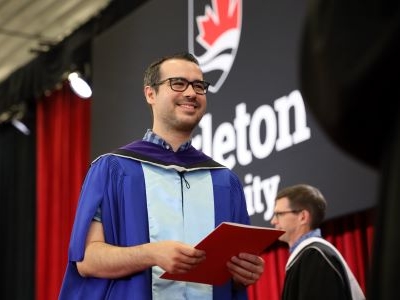 Prior to commencing his graduate studies at Carleton University, Brent Bezo spent five years living in Ukraine. While there, he was able to take in the culture and learn the Ukrainian language, while also making a few observations.
Prior to commencing his graduate studies at Carleton University, Brent Bezo spent five years living in Ukraine. While there, he was able to take in the culture and learn the Ukrainian language, while also making a few observations.
“Of all the nations that had been part of the Soviet Union since the early days of its formation in the 1920s, Ukraine has arguably been the most successful in terms of transforming into a democracy – even though that transition is still ongoing, complex and challenging,” says Bezo.
However, he says that in other areas, Ukraine was and is not faring well – specifically in terms of physical/mental health and health behavior trends. “While I was living in Ukraine, I started to wonder if adverse impacts of the genocide were still affecting modern-day Ukraine, in terms of the health data that I mentioned above – and in other areas, as well.”
These observations piqued Bezo’s interest in the topic and, once he moved back to Canada, he decided to focus on this area of study for his master’s and now his PhD degree in Psychology.
His research looks at the intergenerational transmission of trauma. He is studying how large-scale traumatic events, such as wars and genocides, not only can impact survivors, but also their descendants – even though the descendants did not directly experience the traumatic events themselves.
While in Ukraine, Bezo was able to conduct interviews with survivors and their adult children and grandchildren to find out how they perceive the 1932-1933 genocide of Ukrainians affected their lives over the decades.
Says Bezo: “The participants told me that the genocide continues to impact their individual well-being, family functioning, and community-society norms.” For example, the participants in his study noted that alcohol use increased after the genocide as a coping response to trauma. Successive generations, therefore, have also adopted alcohol as a coping strategy – as this behaviour has become more widespread and acceptable.
What differentiates his research from others in the same field of study is that trauma research typically looks at survivors only. He says, “My research adds to the comparatively smaller body of work that suggests that descendants of survivors may also be affected.”
Bezo decided to stay at Carleton and do his PhD degree after completing his Master’s degree.

“I found a perfect match, in terms of a supervisor, Dr. Stefania Maggi,” shares Bezo. “And the openness of many faculty members at Carleton, in terms of openness to new research ideas attracted me because this indicated a creative and supportive research environment.”
Bezo says there are three main features about the PhD psychology program that might interest other students.
First, he notes that many diverse research agendas and talented researchers exist in the psychology department. “What this means for me, personally, is that I can learn different perspectives and approaches, increase my published articles and broaden my graduate school experience.”
Second, he points out that the Department has a strong emphasis on research and productivity. “This was highly evident from the very first day that I set foot at Carleton as a graduate student. I still remember this from my first Psych Department orientation.”
Third, he says that the diversity of students in his program has helped him enormously. “I am fortunate to have student colleagues, who are originally from many areas of Canada and other parts of the world. This diversity in background and experience has greatly benefited me in that my student colleagues are an invaluable source of feedback and support in sharing our research ideas.”
Bezo says that his research has helped him in his personal life because it has shown him how he reacts to, and copes with, stress and challenges will likely be learned by his children and, in turn, their children.
“Because, I could see intergenerational patterns in the families involved in my study, this research, therefore, made me realize in a very concrete way that so much of what I do, even seemingly everyday life things, might impact my grandchildren and their children,” says the PhD candidate.
—story by Ashley Wenyeve
Thursday, March 17, 2016 in Grad Student Research, News
Share: Twitter, Facebook




